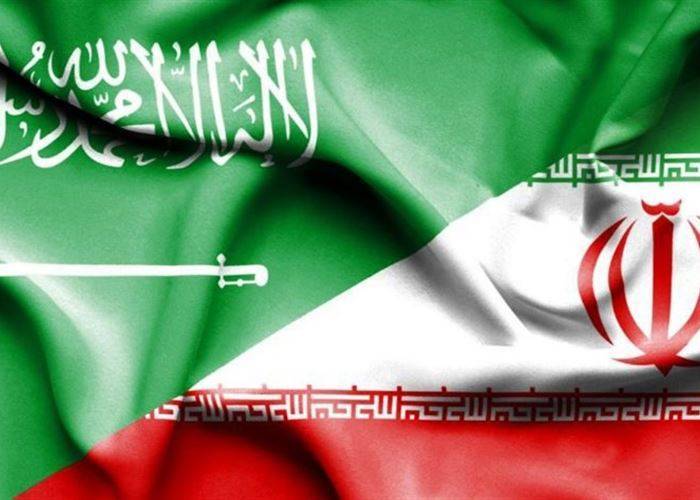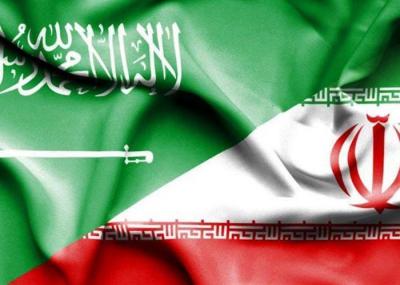Reuters published a summary of the situation in some conflict-affected areas in the Middle East involving Iran and Saudi Arabia that could be influenced by the recently announced agreement to resume relations between the two regional powers, mediated by China.
**Yemen:**
Riyadh intervened in Yemen in 2015, leading a Western-backed coalition to confront the Houthi group that had ousted the internationally recognized government in Sana’a. The war has seen a military stalemate for years. The Houthis, who control northern Yemen and areas along the Saudi border, have repeatedly launched missile and drone attacks on the Kingdom. Riyadh and the Houthis resumed direct talks last year, supported by Oman, after a UN-brokered truce. Although the truce ended in October, it largely held. Resuming relations between Riyadh and Tehran could facilitate an agreement between Saudi Arabia and the Houthis. The Yemen war is a significant reason for the strained relations between Saudi Arabia and President Joe Biden’s administration, which has imposed restrictions on U.S. arms sales to Riyadh.
**Syria:**
Iran has provided military, economic, and diplomatic support to President Bashar al-Assad since the crackdown on protests in 2011. China has also offered support to Syria at the United Nations and maintained its economic and political ties with Damascus. Initially, Riyadh supported opposition forces in attempts to overthrow Assad to weaken Tehran. However, as Iran's support helped turn the tide in Assad's favor, Saudi support for the armed and political opposition waned. The Saudi-Iranian agreement comes at a time when the Arab isolation imposed on Assad is diminishing. Saudi Arabia stated that increased communication with Syria could lead to its return to the Arab League. The Syrian Foreign Ministry welcomed the agreement, describing it as a "major step" towards enhancing regional stability. The opposition front has not commented on the matter. Israel, seeking to normalize relations with Saudi Arabia, has frequently struck Iranian targets in Syria.
**Lebanon:**
Lebanese politics has been divided for years between an Iran-aligned coalition led by the influential Hezbollah and a Saudi-aligned coalition. In 2021, Saudi Arabia and Gulf countries withdrew their ambassadors due to what they termed Hezbollah's control over the state. The ambassadors resumed their work later, but Lebanon is suffering from a fierce financial collapse and is currently facing an unprecedented political crisis with no president for several months and a government operating with limited powers. The rapprochement between Tehran and Riyadh has sparked hopes for an end to this paralysis. Speaker of the House Nabih Berri stated that a "positive reading" of the news should prompt Lebanese politicians to elect a president quickly. Hezbollah described the agreement as a "good shift," but warned that its full implications remain unclear. The group supported Christian politician Suleiman Franjieh for the presidency, but sources indicate that Saudi Arabia opposes his candidacy.
**Iraq:**
After the U.S.-led invasion toppling Saddam Hussein in 2003, Iran deepened its political, security, and economic influence in Iraq, raising concerns in Saudi Arabia. In 2019, Iran conducted a drone attack that targeted Saudi oil facilities. The reopening of the border crossing between Saudi Arabia and Iraq the following year raised hopes for improved relations. Baghdad hosted direct talks between the two neighbors, but they stalled last year amid Iraq's political crisis. Baghdad described the agreement between Saudi Arabia and Iran as a means to "open a new page." Iraqis hope for a breakthrough in the region that would allow for the rebuilding of their country rather than continued instability resulting from the conflict between the U.S., the Gulf Arab states, and Iran.
**Maritime Security:**
Skirmishes have occurred between Iran and the West in the Gulf waters, through which significant amounts of oil shipments pass globally. Several attacks on oil tankers occurred in 2019 after former U.S. President Donald Trump announced his country's withdrawal from the nuclear deal with Iran and reimposed sanctions. In an effort to de-escalate tensions, the UAE and Saudi Arabia began direct dealings with Iran. The U.S. Fifth Fleet, based in Bahrain, seized shipments of weapons suspected to be from Iran. Iran and Israel have exchanged accusations of attacking each other's vessels over the past few years.




